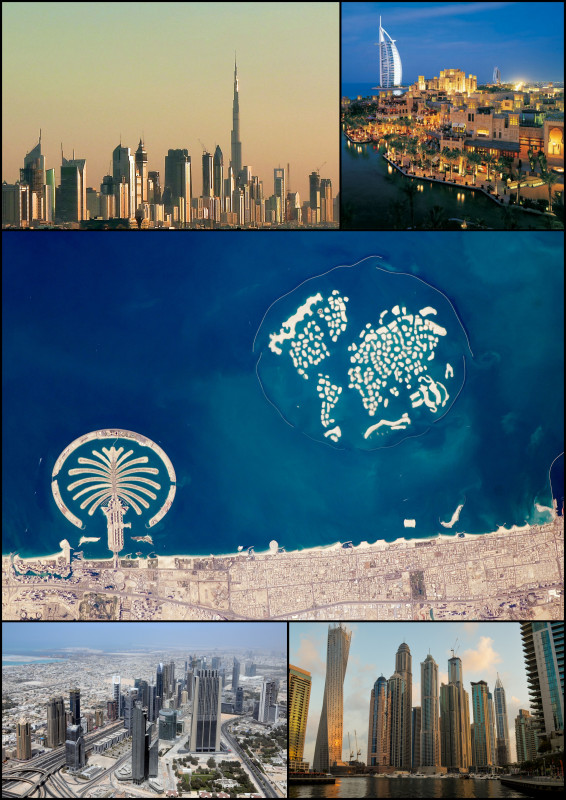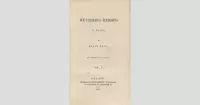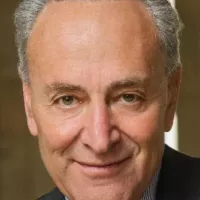A police academy, also known as a law enforcement training center, police college, or police university, is a training school for police cadets. It prepares cadets for their roles in law enforcement agencies, certifying them as law enforcement officers, typically as police officers, upon graduation.
1918: Estonian Police Established
In 1918, the Estonian Police was originally established.
1921: Police Academy Established
In 1921, the Police Academy was established in Azerbaijan by the People's Internal Affairs Commissariat of the Azerbaijan Republic.
1932: Los Angeles Police Academy shooting range used for Summer Olympics
In 1932, the Los Angeles Police Academy's shooting range was used for the shooting event in the Summer Olympics.
1936: Academy Building Moved
In 1936, the main building of the Police Academy was moved to Mərdəkan, a district outside of Baku.
1937: Police Academy Established
In 1937, the Police Academy was established in Turkey to recruit police chiefs.
1938: Police College Established
In 1938, a police college (high school) was established in Ankara to prepare students for the Police Academy.
1954: Scottish Police College Opened
In 1954, the Scottish Police College at Tulliallan Castle began operating, hosting initial training for new officers and a range of other courses.
1956: Central Police Training Centre Founded
In 1956, the Central Police Training Centre, the former name of the National Police Academy, Nepal, was founded.
1957: Baku Private Secondary Police School of the Ministry of Internal Affairs
In 1957, the institution became the Baku Private Secondary Police School of the Ministry of Internal Affairs. Graduates were granted legal diplomas, and education spanned two years. The school trained personnel for various states within the USSR.
1961: Training Personnel for USSR States
From 1957 to 1961, the school trained personnel for Georgia, Dagestan, Kabardino-Balkaria, Altai, Irkutsk, Krasnodar, Kuybyshev, Novosibirsk, Kemerovo, Saratov, and other states within the USSR.
1968: People's Police Established
In 1968, the People's Police was established within the Department of the Public Security Police (now known as the Academy of the People's Security).
1972: Advanced School of Internal Affairs Formed
In 1972, the Advanced School of Internal Affairs was formed in Serbia; it is a predecessor to the Academy of Criminalistic and Police Studies.
1987: Dubai Police Academy Founded
In 1987, the Dubai Police Academy was founded and was granted autonomy from the police force as long as it retained some affiliation with Dubai Police General Headquarters.
1987: First Class of Cadets
In 1987, the first class at the academy was from 1987 to 1988, consisting of 51 cadets and 30 full-time students.
1988: First Class of Cadets
From 1987 to 1988, the first class at the academy consisted of 51 cadets and 30 full-time students.
1989: Dubai Police Academy Inaugurated
In 1989, the Dubai Police Academy was fully inaugurated in the presence of Sheikh Maktoum Bin Rashid Al Maktoum.
1990: Cyprus Police Academy Founded
In 1990, the Cyprus Police Academy (CPA) was founded as the successor to the Police Training School. The CPA is recognised as an institution of higher education by the Cyprus Council for the Recognition of Higher Education Qualifications.
January 1, 1991: Philippine Constabulary and INP Merged
On January 1, 1991, after the merging of the Philippine Constabulary and INP, the Philippine National Police Academy became the primary officer school for the new Philippine National Police, the Bureau of Fire Protection and the Bureau of Jail Management and Penology, all under the Department of the Interior and Local Government (DILG).
1991: Estonian Police Re-established
In 1991, the Estonian Police was re-established after gaining independence from the Soviet Union.
1991: First Class Graduates
In 1991, the first class of the academy graduated.
1992: Institute for Officer Training Established
In 1992, an Institute for officer training affiliated with the Police College was established.
1992: Degrees Given University Equivalency
In 1992, degrees offered by the Dubai Police Academy were given university equivalency.
1993: National Police Academy, Nepal Established
In 1993, the National Police Academy, Nepal was established with the introduction of police regulation.
1996: Admittance of International Students
During the academic year of 1996–1997, students from other Arabic countries such as Yemen and the Palestinian Territories were admitted to the academy.
1997: Admittance of International Students
During the academic year of 1996–1997, students from other Arabic countries such as Yemen and the Palestinian Territories were admitted to the academy.
1998: POPS Requirements Implemented
In Kentucky, all law enforcement officers, hired after 1998, are required to complete the minimum screening, physical training, and classroom requirements of the Kentucky's Police Officer Professional Standards (POPS) prior to being certified as a law enforcement officer.
1999: Indonesian National Police Separated from Armed Forces
Until 1999, the Indonesian National Police was part of the armed forces. In 1999 it officially separated, with the Indonesian Police Academy now under the President of Indonesia and controlled by the National Police Headquarters.
2002: Study System Changed
In 2002, the system of study in the college was changed to incorporate training theory programs and fieldwork.
2007: Training Managed by National Policing Improvement Agency
From 2007, all police training for England and Wales was managed by the now defunct National Policing Improvement Agency.
2008: Joint Cadet Training Program
In 2008, AKPOL's new cadets and fourth class cadets, alongside their armed forces counterparts, began a joint fourth class cadet training program.
2008: Sri Lanka Police Academy Established
In 2008, Sri Lanka established the Sri Lanka Police Academy, bringing together several police training institutions including the Sri Lanka Police College.
2013: Training Managed by College of Policing
In 2013, the College of Policing took over management of all police training for England and Wales.
2015: Police Education and Training Unit (PETU) Established
In 2015, the Police Education and Training Unit (PETU) was established as the leading agency for police education and training in the Czech Republic. The Police Academy in the Czech Republic is a university-level institution.
2015: Police Training Outsourced
Since 2015, police training in Sweden has been entirely outsourced by the Swedish Police Authority and is carried out at five universities: Malmö, Borås Växjö, Umeå, and Södertörn.
Mentioned in this timeline
The Union of Soviet Socialist Republics USSR existed from to...
Azerbaijan is a transcontinental and landlocked country located in the...

Dubai is the most populous city in the United Arab...

Los Angeles L A is the most populous city in...
Turkey officially the Republic of T rkiye is a transcontinental...
Sri Lanka formerly known as Ceylon is an island nation...
Trending

4 months ago Alina Habba's US Attorney Role in Jeopardy Amidst Controversy and Uncertain Future

1 month ago Zayn Malik and Blackpink's Jisoo collaborate on 'Eyes Closed' single and music video.

15 days ago Luigi Mangione, accused in CEO murder case, listens to Charli XCX and Taylor Swift in jail.

Jack Patrick Dorsey is an influential American entrepreneur and programmer best known for co-founding Twitter Inc where he served as...

Wuthering Heights Emily Bront 's sole novel explores the intertwined lives of the Earnshaw and Linton families on the Yorkshire...

6 months ago Colorado Braces for Severe Storms: Tornado Watch, Large Hail, and Flooding Expected
Popular

Nancy Pelosi is a prominent American politician notably serving as...

Chuck Schumer is the senior United States Senator from New...

Bernie Sanders is a prominent American politician currently serving as...
Nicholas J Fuentes is a far-right political commentator and activist...

Candace Owens is an American political commentator and author known...

William Franklin Graham III commonly known as Franklin Graham is...